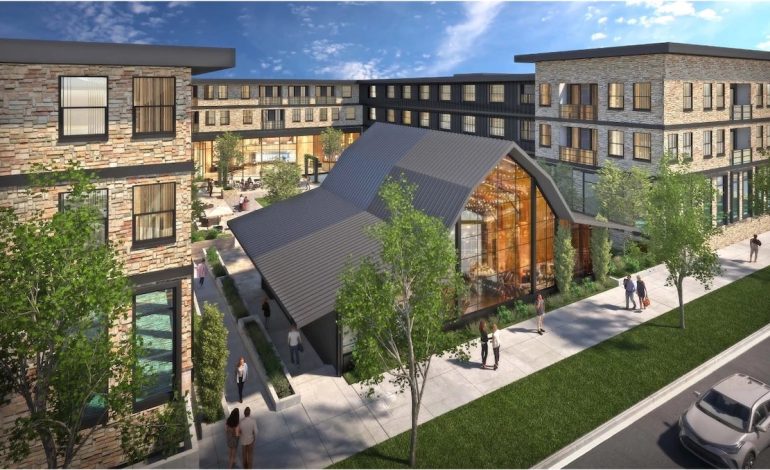Wyoming lawmakers are considering new legislation to limit the use of development moratoriums, sparking a debate over local self-determination, economic growth, and property rights, Wyo File reports.
Critics argue the proposal undermines community autonomy, while supporters say it prevents the misuse of government authority to block private projects.
The draft bill, introduced during a meeting of the Legislature’s Regulatory Reduction Task Force, seeks to restrict moratoriums to cases where local governments can demonstrate a compelling need to protect essential public services. It also proposes capping the duration of such measures. While the bill remains in limbo due to the absence of a quorum, it has stirred significant discussion about its implications for towns and counties across the state.
The debate is rooted in a high-profile moratorium imposed by Jackson town officials this summer. The temporary halt on buildings larger than 35,000 square feet was aimed at addressing a zoning loophole that could have allowed construction of a 339,239-square-foot hotel complex—twice the size of the Wyoming Capitol—at the town’s northern gateway. The pause gave officials time to pass ordinances limiting the size of individual structures.
Jackson’s leaders defended their actions, citing the town’s identity as the “Last of the Old West,” a key driver of its tourism industry.
“Allowing a building the size of the Wyoming Capitol at a town gateway is not the impact that the community wants,” said Jackson liaison Andy Schwartz.
The hotel project by Mogul Capital, a Utah-based developer, remains possible under the new rules, but not as a single massive structure.
Cheyenne attorney Cindy DeLancey, a former Wyoming Business Alliance leader, voiced concerns that moratoriums can be wielded unfairly to block specific projects, effectively devaluing private property.
“Other people … used an arm of the government to be a weapon against that project,” she said.
DeLancey adding that the proposed bill could provide a check on such practices. DeLancey criticized Jackson’s moratorium as targeting one developer, calling the move “egregious.”
Advocates for moratoriums argue they are essential tools for communities grappling with rapid development pressures. Melissa Ruth of the Wyoming Planning Association cited examples of how moratoriums have helped local governments draft regulations for emerging challenges, such as large data centers and cryptocurrency mining operations, which strain water, electricity, and other resources. In Carbon County, a 2009 moratorium on new strip clubs allowed officials to craft ordinances addressing sexually oriented businesses.
“Changes to [a town’s] culture and character should be debated and discussed thoughtfully,” the Jackson Town Council said when enacting the temporary pause.
Ruth emphasized that moratoriums provide breathing room for such discussions, enabling communities to adapt to new economic and social realities.
The debate reflects broader tensions between development and preservation in Wyoming. Task force members have criticized land use policies in Jackson and Teton County, accusing local officials of promoting a “no-growth agenda.” Others see these measures as necessary to maintain community character and quality of life in a rapidly changing world.
The task force plans to revisit the issue in December, but questions remain about whether such legislation is needed. Wyoming Supreme Court precedent already allows temporary land-use freezes, provided they are not used to unfairly confiscate property rights or delay action indefinitely.









